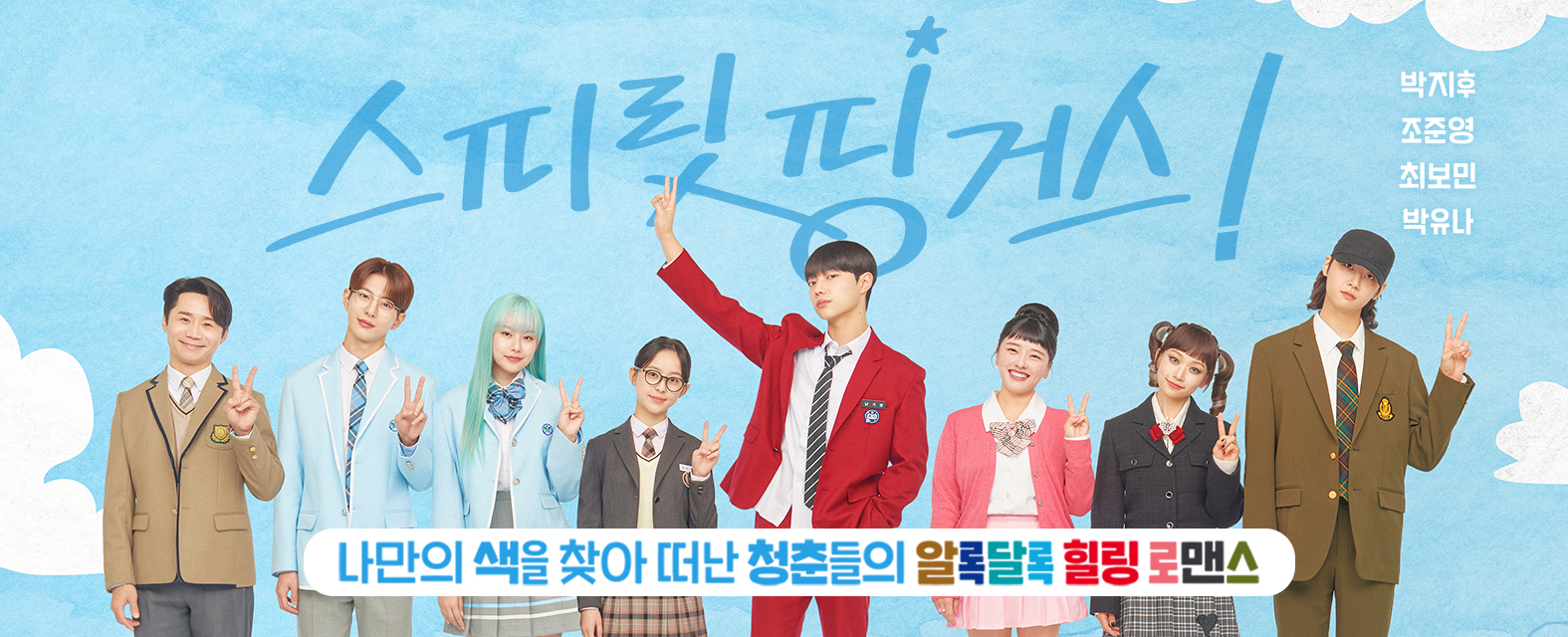Fifty Years Since the Teachers Departure: The Timeless Bond of Friendship Through Books

It has been fifty years since our teacher passed away. Yet, even this year, books about them continue to be published, making the passage of time feel insignificant. Through these books, we can still meet our teacher. They once said that one can engage in a mental dialogue while reading, suggesting that even without meeting in person or living in the same era, we can connect through literature and become friends. Our teacher considered Rachel Farnhagen, a Jewish woman who left this world a century ago, a good friend and even wrote her biography. The idea that friendship can transcend time and space and continue indefinitely remains captivating to this day. This notion inspires me to write this letter.
Last summer, I encountered the teachers manuscript at an exhibition held at the New York Public Library. The exhibition celebrated the 100th anniversary of The New Yorker, and as I casually browsed, I found myself stopping in front of a glass display case. There lay the manuscript of "Eichmann in Jerusalem" alongside the typewriter used at that time. I was overwhelmed by this unexpected discovery. It felt as though I was confronted with a precious moment in history; I leaned closer to the glass to examine it carefully. The corrections made in pen over the typed text, along with the dates when the piece was published in The New Yorker from February to March 1963, served as vivid evidence of history. The manuscript was published as a book in May of the same year.
Our teacher personally proposed the Eichmann trial article to The New Yorker editorial team. The editor would have had no reason to refuse. The editorial process, the revisions, and the publication all speak to the significance of the work and the impact it had during a tumultuous time in history. The essence of our teachers message about the power of literature and friendship transcends the boundaries of time, reminding us that through the written word, we can maintain connections with those who came before us and continue to learn from their insights.
In a world where time often feels linear, the ongoing publication of works reflecting our teachers legacy reminds us of the timelessness of their thoughts and teachings. Through these books, we continue to engage in a dialogue with them, learning and growing from their wisdom. The bond formed through literature is a testament to the enduring nature of friendship, one that can bridge generations and geographical divides.
Last summer, I encountered the teachers manuscript at an exhibition held at the New York Public Library. The exhibition celebrated the 100th anniversary of The New Yorker, and as I casually browsed, I found myself stopping in front of a glass display case. There lay the manuscript of "Eichmann in Jerusalem" alongside the typewriter used at that time. I was overwhelmed by this unexpected discovery. It felt as though I was confronted with a precious moment in history; I leaned closer to the glass to examine it carefully. The corrections made in pen over the typed text, along with the dates when the piece was published in The New Yorker from February to March 1963, served as vivid evidence of history. The manuscript was published as a book in May of the same year.
Our teacher personally proposed the Eichmann trial article to The New Yorker editorial team. The editor would have had no reason to refuse. The editorial process, the revisions, and the publication all speak to the significance of the work and the impact it had during a tumultuous time in history. The essence of our teachers message about the power of literature and friendship transcends the boundaries of time, reminding us that through the written word, we can maintain connections with those who came before us and continue to learn from their insights.
In a world where time often feels linear, the ongoing publication of works reflecting our teachers legacy reminds us of the timelessness of their thoughts and teachings. Through these books, we continue to engage in a dialogue with them, learning and growing from their wisdom. The bond formed through literature is a testament to the enduring nature of friendship, one that can bridge generations and geographical divides.
Like
0
Upvote0
- PrevChristian Petzolds Elemental Trilogy: Exploring Water, Fire, and Reflection
- NextDoosan Construction Weaves Golf Team Celebrates Fourth Win with Yoorin Lees First Title
김한*
창업뉴스라고 왔더니 창업에 관련된게 하나도 없네요.
한혜*
정말 미래적인 기술이네요. 어서 빨리 상용화 되었으면 좋겠습니다.
이동*
정말 최고예요!
No comments yet.





